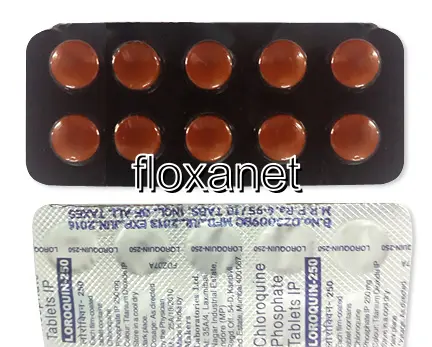| Package | Dosage | Price | Price per Dose | |
|---|---|---|---|---|
| Dosage: 250mg | ||||
| 360 pill | 250mg | CAD477.22 | CAD1.33 | |
| 180 pill | 250mg | CAD265.12 | CAD1.48 | |
| 120 pill | 250mg | CAD196.94 | CAD1.65 | |
| 90 pill | 250mg | CAD162.85 | CAD1.80 | |
| 60 pill | 250mg | CAD121.19 | CAD2.03 | |
| 30 pill | 250mg | CAD70.05 | CAD2.35 | |
| Dosage: 500mg | ||||
| 360 pill | 500mg | CAD804.85 | CAD2.23 | |
| 180 pill | 500mg | CAD443.13 | CAD2.46 | |
| 120 pill | 500mg | CAD321.93 | CAD2.69 | |
| 90 pill | 500mg | CAD267.01 | CAD2.97 | |
| 60 pill | 500mg | CAD196.94 | CAD3.28 | |
| 30 pill | 500mg | CAD113.61 | CAD3.79 | |

Chloroquine Description
Overview of Chloroquine
Chloroquine is a well-known medication primarily used for the prevention and treatment of malaria. It has been in medical use for many decades and remains an important drug in regions where malaria is prevalent. Apart from its antimalarial properties, it has also been explored for potential use in treating other conditions, such as autoimmune diseases. The medication is available in various forms, including tablets and syrups, designed to meet different treatment needs.
How Chloroquine Works
The active ingredient in Chloroquine works by interfering with the growth of the malaria parasite within the red blood cells. It targets the parasite’s ability to detoxify heme, a byproduct of hemoglobin digestion. This disruption leads to the accumulation of toxic substances inside the parasite, ultimately killing it. The drug's effectiveness depends on the correct dosage and adherence to the prescribed treatment plan. It is important to note that resistance to Chloroquine has developed in some regions, making it less effective against certain strains of malaria.
Uses and Effectiveness
Chloroquine is most commonly prescribed for the treatment of uncomplicated malaria caused by Plasmodium species that remain sensitive to the drug. It is also used for malaria prophylaxis, especially in travelers visiting endemic areas. The medication's efficacy relies on proper dosing schedules, which should be followed carefully to prevent resistance and ensure complete eradication of the parasite. While it is generally effective, its use is limited in resistant regions, and alternative medications may be necessary.
Possible Side Effects and Precautions
Like all medications, Chloroquine can cause side effects. Some commonly reported issues include nausea, vomiting, diarrhea, and abdominal discomfort. Severe adverse reactions are rare but can occur and may involve allergic reactions, vision problems, or cardiac issues. Patients with pre-existing conditions such as liver or kidney problems should consult their healthcare provider before using Chloroquine. Regular monitoring might be required during treatment to detect any adverse effects early.
Safety and Storage
Chloroquine should be stored in a cool, dry place away from direct sunlight and out of reach of children. It is essential to follow the dosing instructions provided by a healthcare professional or included in the packaging. Patients are advised not to self-medicate and to adhere strictly to their prescribed course of treatment. Proper storage and adherence help maintain the medication's effectiveness and reduce the risk of resistance development.
Conclusion
Chloroquine remains an important drug in the fight against malaria, especially in areas where the parasite is still sensitive to it. It is crucial to use it responsibly under medical supervision to maximize benefits and minimize risks. While it has a long-standing history of effectiveness, ongoing surveillance for resistance and side effects continues to shape its role in malaria treatment strategies. Patients should communicate openly with their healthcare providers to ensure safe and effective use of the medication.
